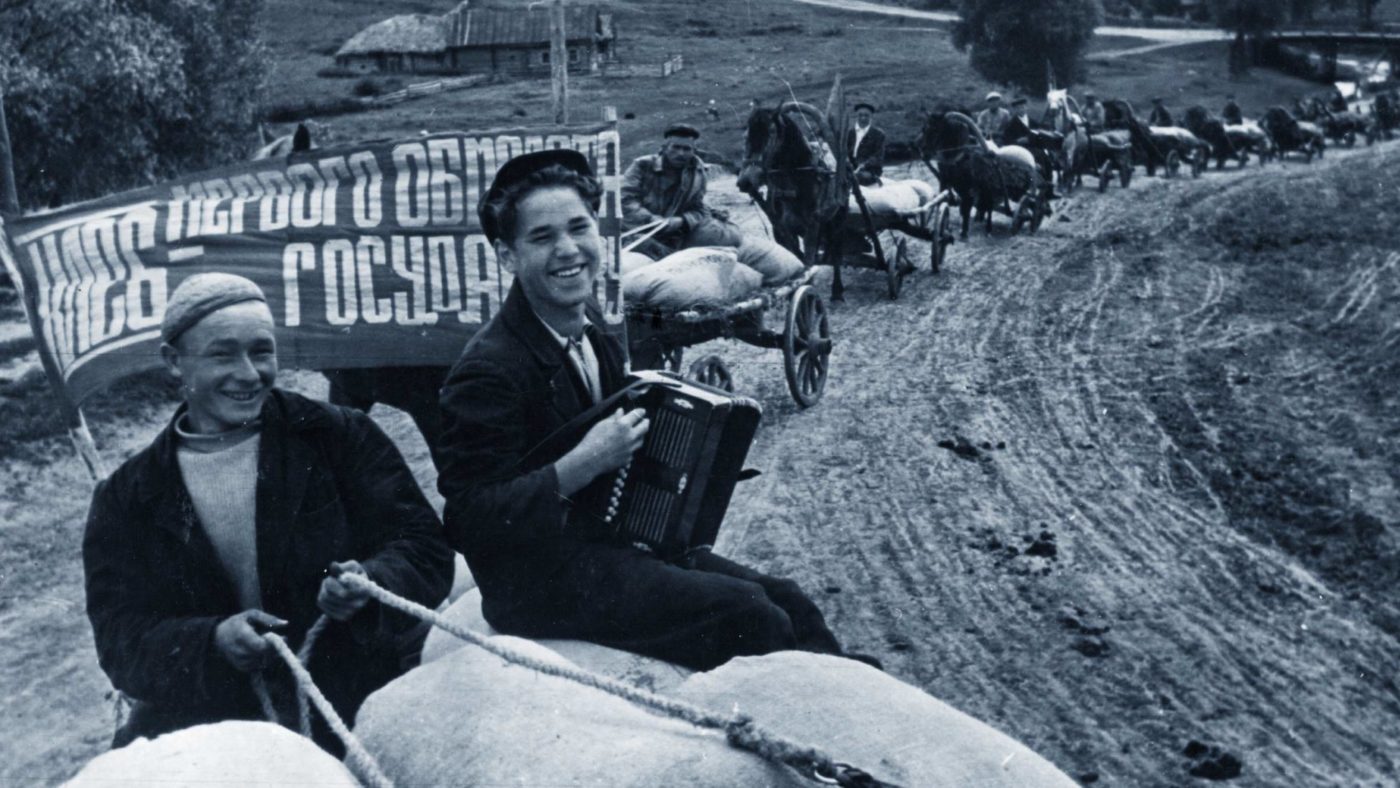When a younger woman, my cousin spent much time studying astrology, numerology and palmistry. She wanted to understand what people are like and why. She was especially interested in understanding herself.
Several branches of science address these questions: developmental psychology, socio-biology, anthropology and sociology, among others. I pointed this out to my cousin. But she preferred the occult alternatives. I suspect it was because they are easier to learn and better at delivering flattering answers.
A similar preference for occult thinking can be seen in the UK’s shadow cabinet. Whereas Marx and Engels espoused “scientific socialism”, the Labour Party leadership now offers magical socialism. In a speech on Monday, John McDonnell, the shadow Chancellor, reminded his audience of Labour’s plan to nationalise the railways, energy companies, water companies and Royal Mail. But he went further. He also declared a desire to collectivise the ownership of land.
The collective ownership of land has a discouraging history. Agricultural output in Russia and China collapsed under communism, and what was produced was poorly matched to consumers’ preferences. If a Russian was content with beetroot and onion, he was okay. Otherwise, well, even emigration wasn’t an option. Today, collectively owned North Korean farms produce so little food that winter threatens the population with starvation.
This surprises no one who understands basic economics. Collective ownership of land which isn’t priced and cannot be traded for gain, can only result in its misuse. Without prices that depend on the supply and demand for the thing concerned, it is impossible to know its best use. And when no one can profit from selling it, they have little incentive to allocate it to its (unknown) best use. Why will collective ownership work in the UK when it has failed in Russia, China, North Korea and the other places it has been tried? Where has basic economics gone wrong in predicting the inefficiency of collective ownership? These are the questions John McDonnell must answer.
And so he does. He gives the same answer that J.M. Barrie gives readers of Peter Pan who wonder how boys can fly, unaided by jet packs or any similar technology. They have been sprinkled with fairy dust. The wee difference is that, in this case, the magical dust comes not from Tinkerbell but from The People.
Collective ownership hasn’t worked so far because it hasn’t been democratic. When Mr McDonnell is Chancellor, energy and water companies will not be managed not by the central government. They will be “democratically managed by workers, consumers and community representatives themselves”. Similarly, land will be controlled by Community Land Trusts which will be “develop[ed] … by local communities”.
Democracy, local communities and their “representatives themselves” are, of course, beyond reproach. But how can they solve the problems created by the absence of prices and the profit motive? It can only be by magic.
Consider 20 acres of land on the outskirts of a city, now used for farming potatoes. Should it instead be used for residential housing? A market system will quickly allocate the land to its better use, whichever it is. Suppose a property developer is willing to spend $5 million to acquire the land and build homes on it. If that is more than the land is worth to someone using it to produce potatoes, it will be sold to the developer. If not, it won’t.
Since these valuations reflect the demand for homes and for potatoes, and the supply of land from which they can be provided, the result will maximise human welfare. We get the amount and location of homes and potato production that best reflects the preferences of the population. What would happen if the land were collectively owned and controlled by local democracy? It is impossible to know, if only because Mr McDonnell’s scheme is insufficiently articulated.
How many votes would go to workers? How many to “community representatives themselves”? But, whatever the democratic decision, it would be a fluke if it were right. Because, without market prices and profits, each local voter would feel the force only of his own preferences. A price communicates how much other people want something and how much of it is available elsewhere, without any individual or committee having to know either fact. Democratic control does not conjure up this information, nor an incentive to act on it. Democracy is not a substitute for prices or profits.
The socialist experiments of the 20th century, and the current experiments in North Korea and Venezuela, did not fail because of insufficient democracy. They failed from a lack of prices and profit motive. But that does not discourage Mr McDonnell and his colleagues from peddling the magic of “democratic socialism”. After all, they stand to become the national community representatives themselves. Themselves!


